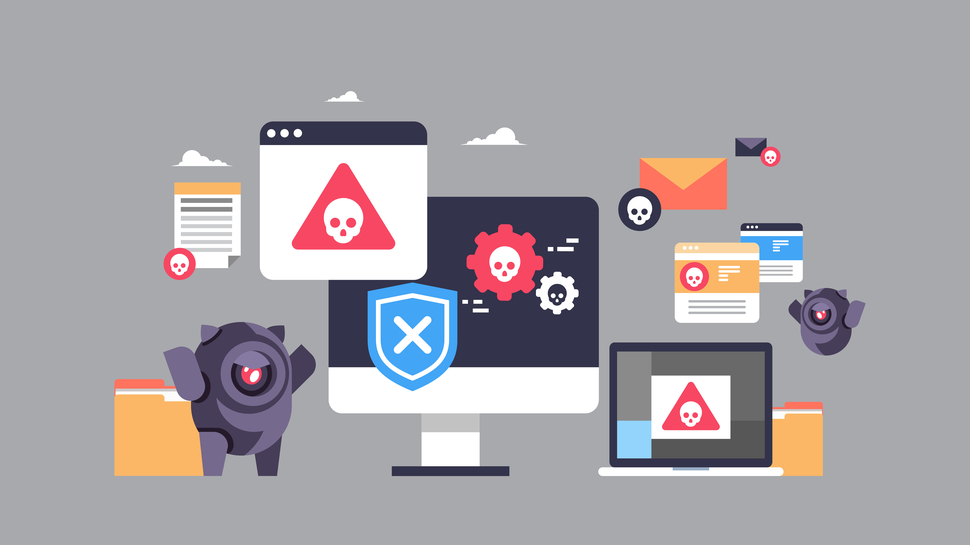Ownerless web domains rigged to redirect visitors to dangerous addresses
Lapsed URLs used to infect victims with various malware strains

Sign up for breaking news, reviews, opinion, top tech deals, and more.
You are now subscribed
Your newsletter sign-up was successful
Fraudsters are using lapsed web domains to redirect visitors to dangerous URLs, designed to spread adware and other forms of malicious content.
According to security firm Kaspersky, around 1,000 inactive domains are rigged to redirect users to blacklisted pages, some of which are capable of triggering malware downloads.
Cybercriminals used these thousand domains to route users to over 2,500 unrelated URLs, 89% of which were designed to generate advertising profits (malvertising campaigns) and 11% either contained malicious code or prompted the visitor to download infected documents and executables.
- Check out our list of the best small business web hosting services available
- We've built a list of the best malware removal services around
- Here's our choice of the best ransomware protection on the market
Dangerous web domains
If a company or individual decides not to renew their ownership of a web domain, the URL traditionally redirects visitors to an auction stub notifying them of its availability.
However, in some instances, hackers have found a way to replace the auction stub with a dangerous redirect mechanism. Kaspersky believes scams of this kind are likely made possible by flaws in ad filtering systems.
Researchers found one of the malicious pages identified received an average of 600 redirects every ten days, with hackers likely receiving payment based on the number of visitors funneled to the site.
“Unfortunately, there is little users can do to avoid being redirected to a malicious page. The domains that have these redirects were - at one point - legitimate resources...and there is no way of knowing whether or not they are now transferring visitors to pages that download malware,” explained Dmitry Kondratyev, Junior Malware Analyst at Kaspersky.
Sign up to the TechRadar Pro newsletter to get all the top news, opinion, features and guidance your business needs to succeed!
“In general, malvertising schemes like these are complex, making them difficult to fully uncover, so your best defense is to have a comprehensive security solution on your device.”
Beyond installing high-quality antivirus software, Kaspersky also noted users can minimize the risk of infection by installing applications and updates from trusted sources only.
- Here's our list of the best web hosting services out there

Joel Khalili is the News and Features Editor at TechRadar Pro, covering cybersecurity, data privacy, cloud, AI, blockchain, internet infrastructure, 5G, data storage and computing. He's responsible for curating our news content, as well as commissioning and producing features on the technologies that are transforming the way the world does business.